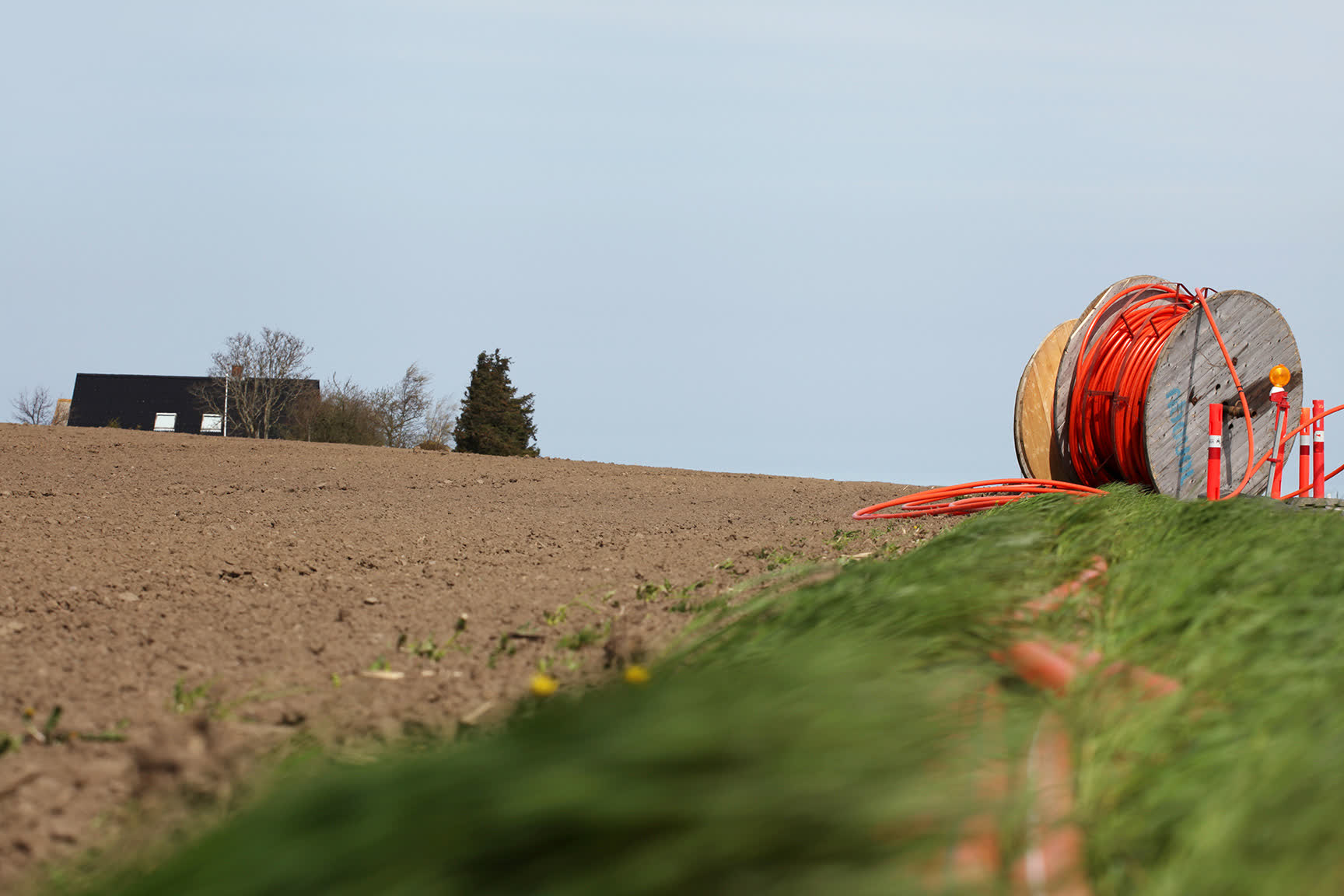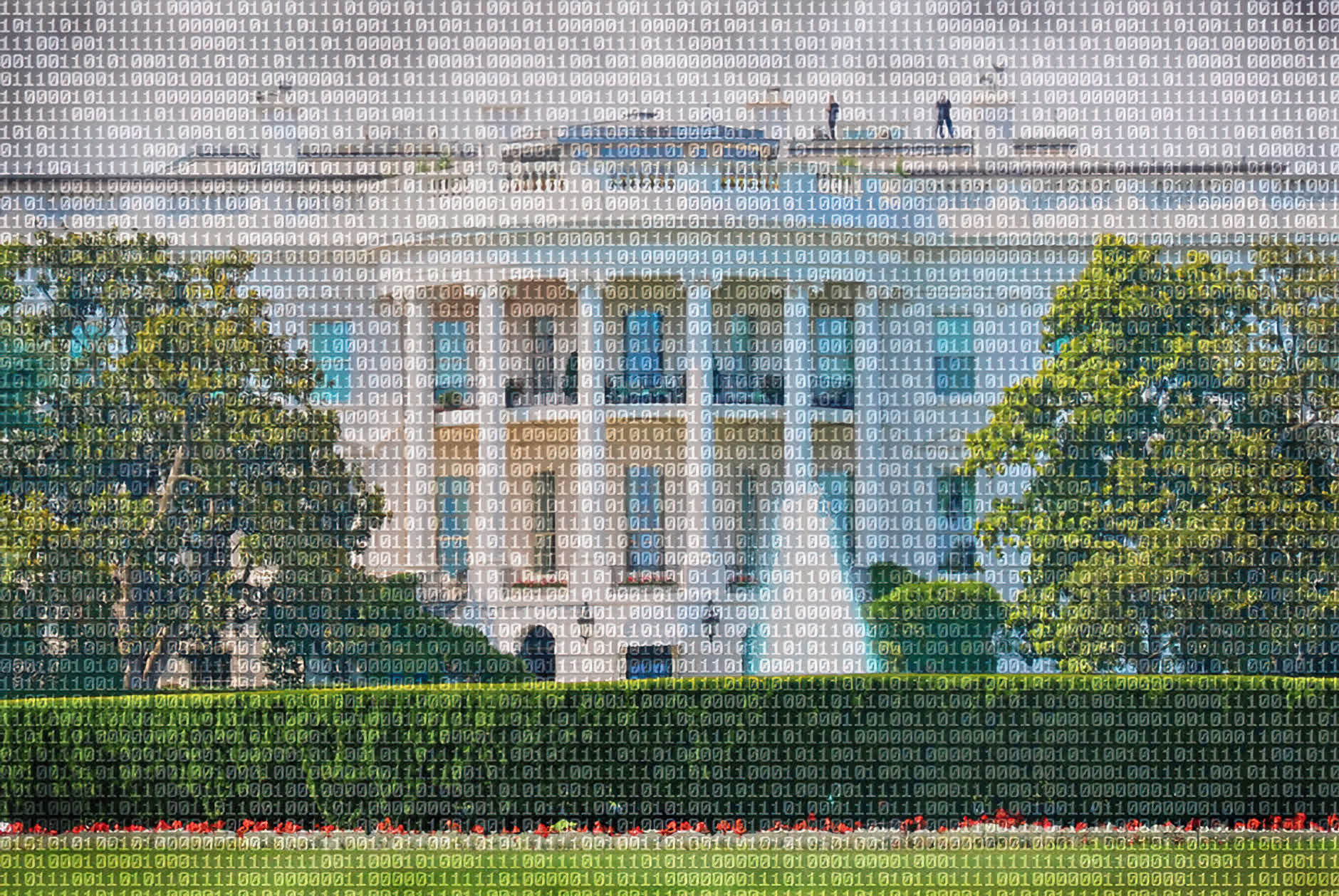What just happened? President Biden has announced 31 technology hubs across the country to support regional economic growth and create jobs that will increase innovation. This is the president's attempt to expand tech investment that is primarily concentrated in a handful of regions and in line with his "Bidenomics" agenda that wants to accelerate equitable growth and competitiveness.
In a bid to spur innovation and competitiveness in the tech sector, the Biden administration designated 31 tech hubs this week in different regions across the country (the full list is here). These technology centers span 32 states and Puerto Rico and cover both urban and rural regions.
This is the first phase of the Tech Hubs program that aims to strengthen the U.S. economy and national security. The program's goal is to invest in regions with the potential to transform into globally competitive innovation centers in around 10 years. It is part of the "Bidenomics" agenda that wants to grow the American economy, birthed by the CHIPS and Science Act that the president signed into law in August 2022.
The hubs will spearhead investments in technologies critical to the creation of jobs, and span almost every section of the industry, including AI, aerospace, semiconductors, quantum computing, clean energy, precision medicine, and biotechnology. Each hub can receive up to $75 million in funding, which come from the $500 million that Congress allocated to the U.S. Economic Development Administration (EDA) for Regional Technology and Innovation Hubs.

The designees were selected from nearly 400 applications spanning 49 states and four territories and include economic development organizations, local and state governments, learning institutions, and workforce partners.
The White House reports that for the longest period tech investments were only concentrated in a few regions in the country as historically underserved communities and rural areas were left out. However, this program's awardees are going to represent America's full diversity. It believes this move will steer scientific and technological innovation and bring economic growth and opportunities to the neglected regions.
The initiative aligns with President Biden's belief that Americans should find jobs within their country and that opportunities should be spread out to everyone. He wants future industries to start, grow, and remain in the United States.
